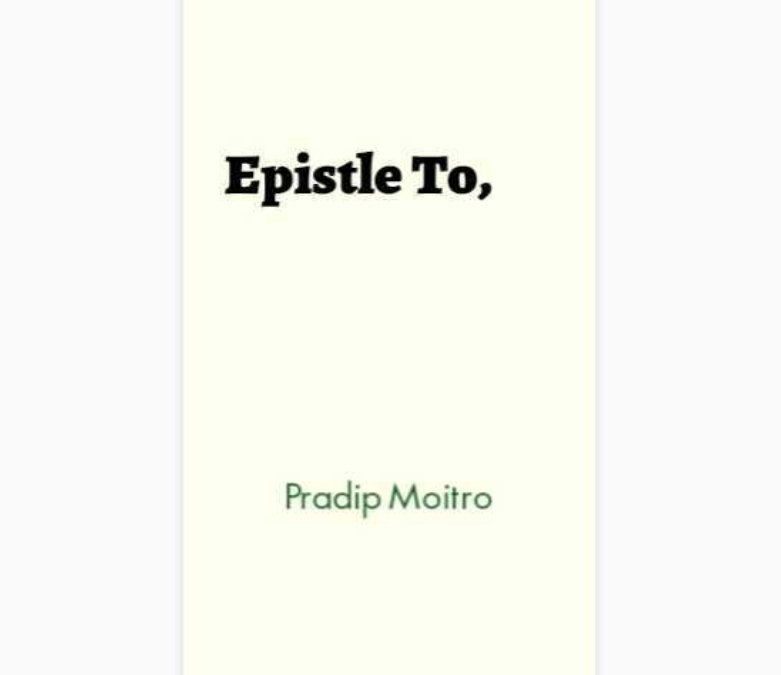( Continued from Part 5)
Part 6
They pour their hearts out in sweet, and sometimes syrupy, country music. A number of them have over the years become my friend. The country music in America is in the
Tradition of Scottish ballads of Britain: tender, sentimental, heroic, romantic, leavened with a sense of subtle humour and narrating little joys and face life with a smile on their faces and a tragic sense of joy in the eyes.
Time and again, whether in Washington or not, I have renewed my relationships with them. When I am with them I speak a different language, a language which is at once authentically local and eloquently public. Trisha was only fifteen years when she noted: Oh, nobody has aw way with words the way Ronnie has. I could listen to his conversation for days and nights.
Harried, derided and scourged by the family in which I was born, I found among these people – these total strangers – my soul’s joy. Whether it was an outdoor barbeque or an indoor fest, whether it’s 4th of July or Thanksgiving or Christmas, they provided home to my tormented spirit. They soothed my wounds, assuaged my loneliness and gave me the light of the way ahead, the light of life itself.
Man has no control over love’s arrival or its departure. Man and woman are two segments of a circle: together they compose the whole. Or, they are like the yolk and white of an egg – separate and yet fulfilling and enriching other. Together, when the moment of propitious, they bring into being something new, something which is separate and yet which is an organic growth of two independent organisms. Man-woman relationship is, at its best, more than a chance collision of two bodies. And every act of union, at its height, is a communion.
My job produced success after success. Before long, I became one of the speech writers to the President, the most powerful man on earth. At the White House, I was regarded as the incisive polymathic intellectual in residence. As a speechwriter, you have to have at your fingertips the knowledge of the whole world, decide for the President when, what and how to say it. All through the ascent to the summit, I never lost my habit of reading extensively, listening to music of my choice, going to art galleries and other abodes of man’s achievement or attending a performance by a visiting ballet troupe or an orchestra. It was like planting ever-new flowers in my walled-in garden.
The French poet Arthur Rimbaud had said that one can pass one’s finger through the candle flame, but one cannot hold the finger over the flame. I have held the finger over the flame – the flame of love, with unpredictable consequences. The fire of lust consumes, but the fire of love renews. The former is inferno, the latter purgatory through which one must pass in order to ascend to the paradise at the summit. The air there is purer and the space less crowed; but the air is also thinner and the space lonelier.
Many times I have seen death in love; but many times love has enabled me to die into a new life, into la vita nuova. For all the loves I have known, for all the girls who visited my garden, Love still has the same hold on me. I am still capable of yielding to a glance.
Love is keeping awake the whole night either with a very sick child or with a very healthy adult. Love, for most, is fumbling into each other’s clothes. I have never been drawn to an uninhabited body, no matter how beautifully crafted it is. Indian girls, as I see them, have become insufferable smart alecs, they are all know-it-all, hair-flicking, blow-dry dress-alikes. They labour under the confidant assumption that, one they get their body into a pair of tight Indian version of jeans and sputter in a sing-song accent an echo of English, they are with it. Between them and the acrid-scented Africans with their fractured and sour accents, the difference is that the Africans have no pretensions. Wonder has been banished from the Indian girls’ body and being. They have no time to listen. Conversation with them means that one has to struggle to get in a word, and , if one is lucky, occasionally one may be able to lob in a sentence over their incessant flow of banal patter.
( To be continued)
About the author
Pradip Moitro (1939 – 2012) was born in undivided India, in today’s Bangladesh. Post partition, the family migrated to West Bengal, where he completed his schooling at Barrackpore, a Calcutta suburb. Then he studied at St. Stephens, Delhi and tnen moved to Oxford.Later he became an in -house polymath of White House and rose to a speech writer of an US President in the last quarter of 20th century. He breathed his last at Oxford.

